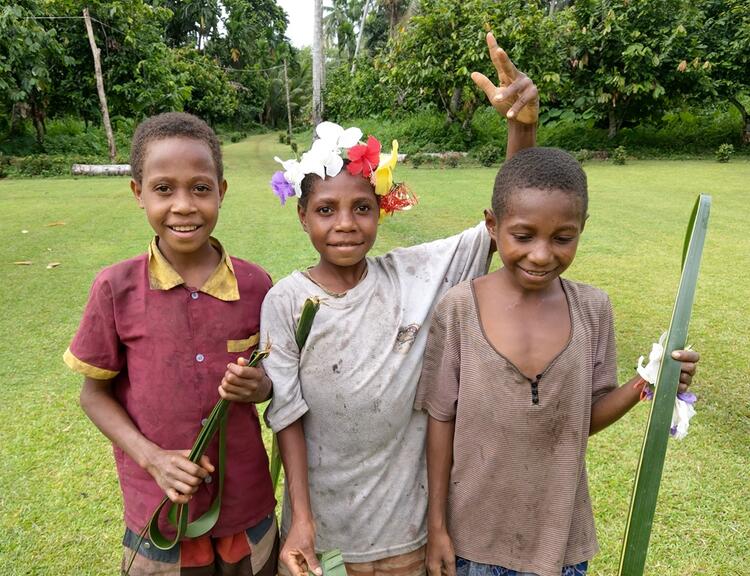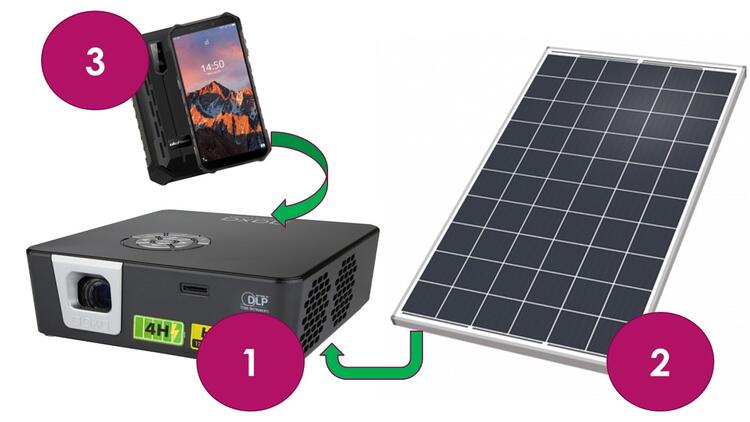From here you can go to four more pages in the menu:
- History of Abau Schools (Starting in 1990 till 2024)
- School organisation rationale (Our education philosophy for Abau schools)
- School set-up structure (Overcoming the logistical challenges faced by Abau Schools)
- Elementary Schools till 2020 (Formal education from 1997 till 2020)
Recent developments in community supported Abau Schools
In 2023, a record number of 1200 Abau children enrolled in the non-formal education program under the auspices of the Abau Language Project in Papua New Guinea. The Abau language project has been active in developing Abau schools since 1990. Over the years it has developed a three-year curriculum to teach children to read and write in their own Abau language first. Especially in the third and final year, a transition to oral and written English is made. The 1200 children are divided over 26 different locations in the Abau language area. A total of 120 volunteer teachers are currently active in the Abau Schools.
Impressions of Abau Literacy Program - 2023

Oversight and Funding of the Abau Schools
The Abau Schools are supervised by our local NGO that runs the Abau Project & Training Centre. The support for the Abau schools is seen as one of the major activities of this NGO. This local NGO oversees the training of local teachers for the three-year Abau curriculum. This activity falls under the Abau Literacy Program. It is responsible for the contents of the curriculum and the printing or purchase of the needed schoolbooks and school supplies. The Abau Literacy Program receives funds from interested sponsors in Europe. These funds are raised and channelled by Arjen and Maija Lock who have worked in PNG since 1982 as members of the linguistic organisation SIL International. All local teachers are volunteers and are only paid an allowance that is paid out the yearly school fees.
A new tool: Solar Data Projector Sets
Starting in January 2023, the Abau Literacy Program equipped a total of 13 community supported Abau schools with a new tool: a data projector that runs on solar energy. Apart from the data projector and a solar panel, the Abau schools are also supplied with a screen, a sound box for audio and a phone where the three-year curriculum is located. The digital version of the Abau curriculum allows for interactive teaching opportunities, audio support and lowers a school’s dependence on books in printed form.
Data projector charged by solar panel with phone that contains Abau curriculum

